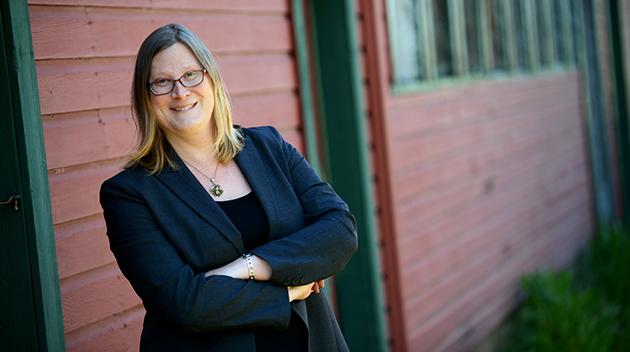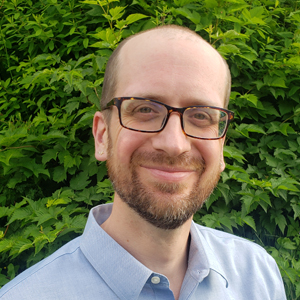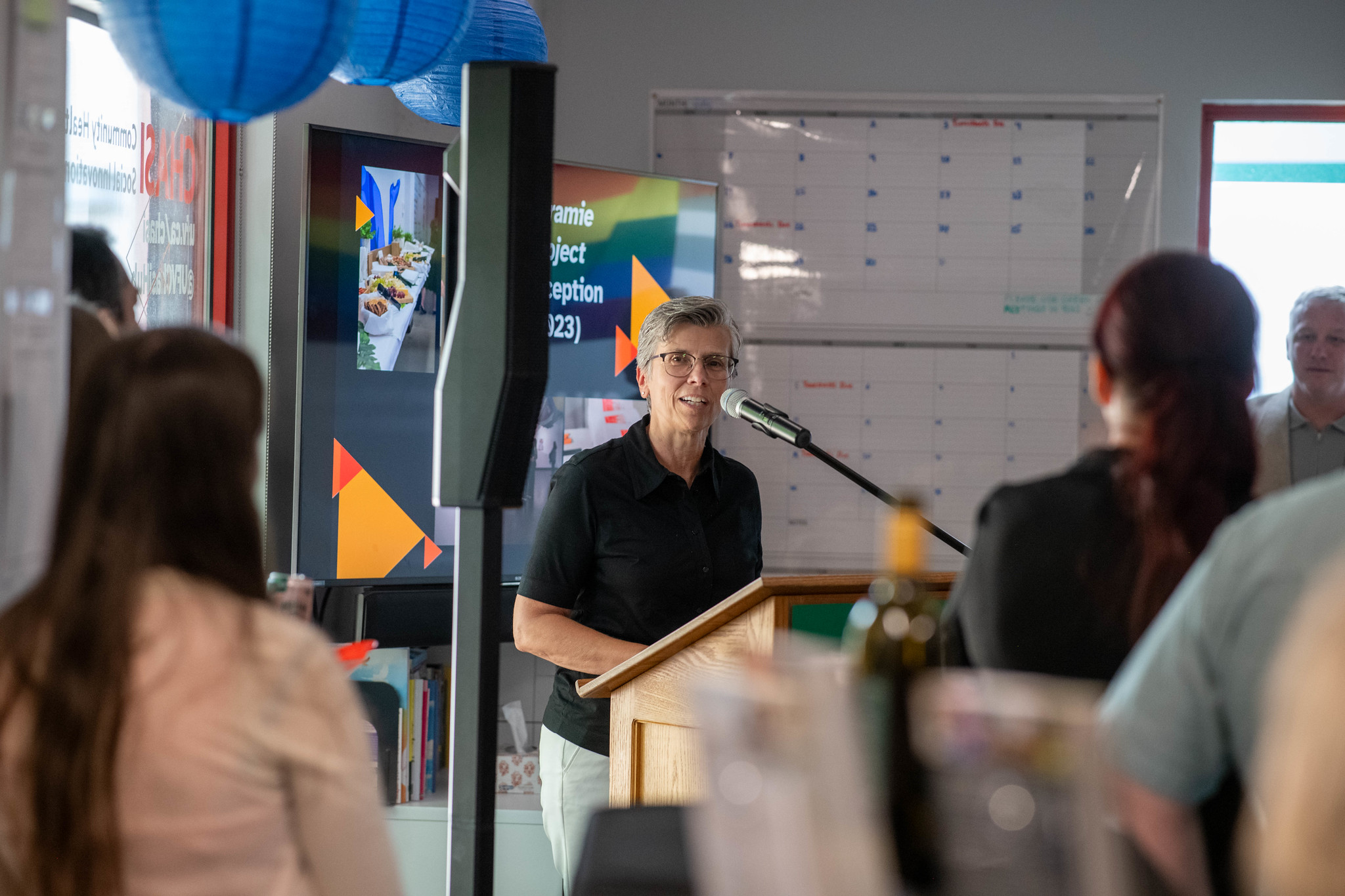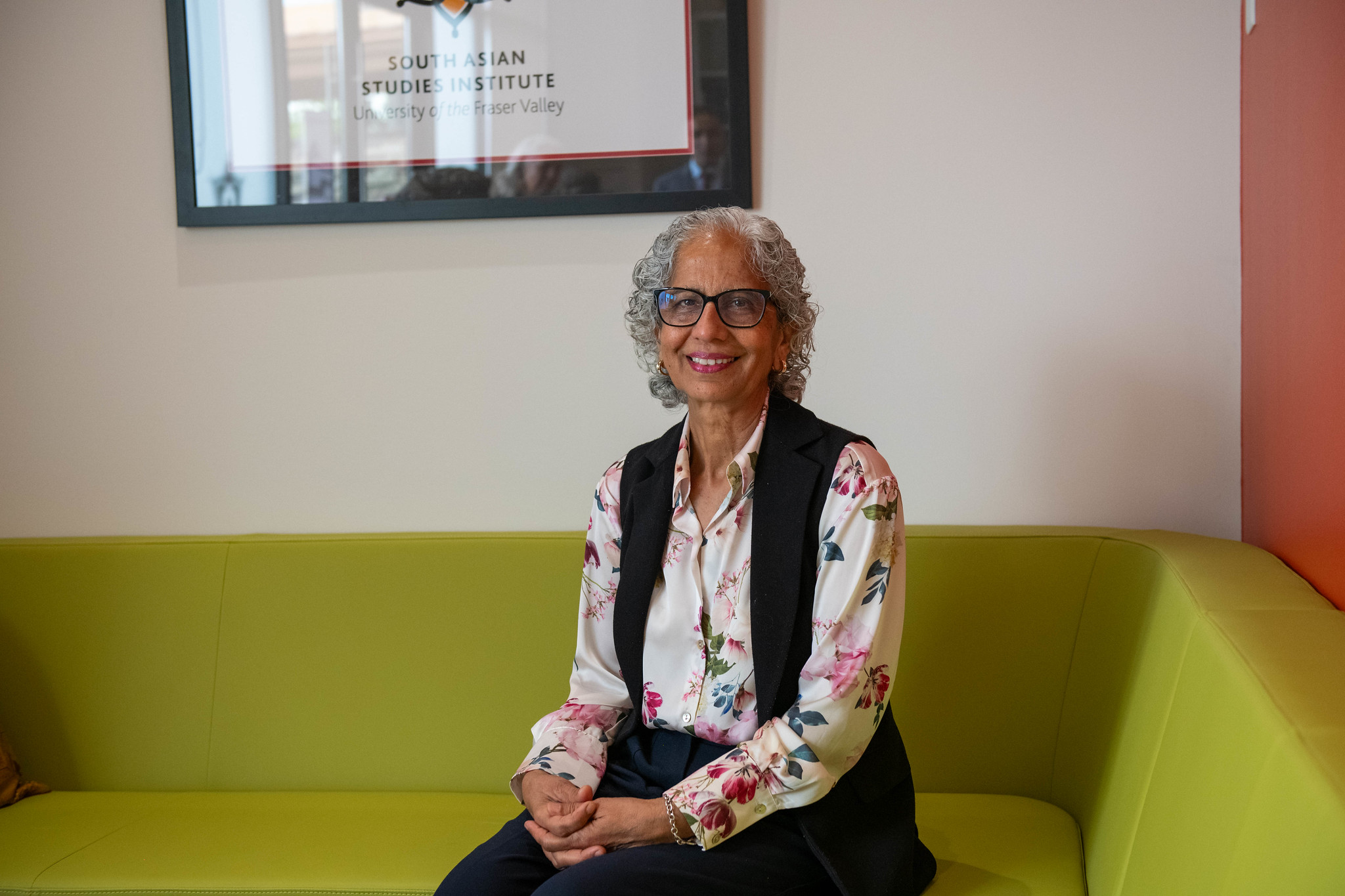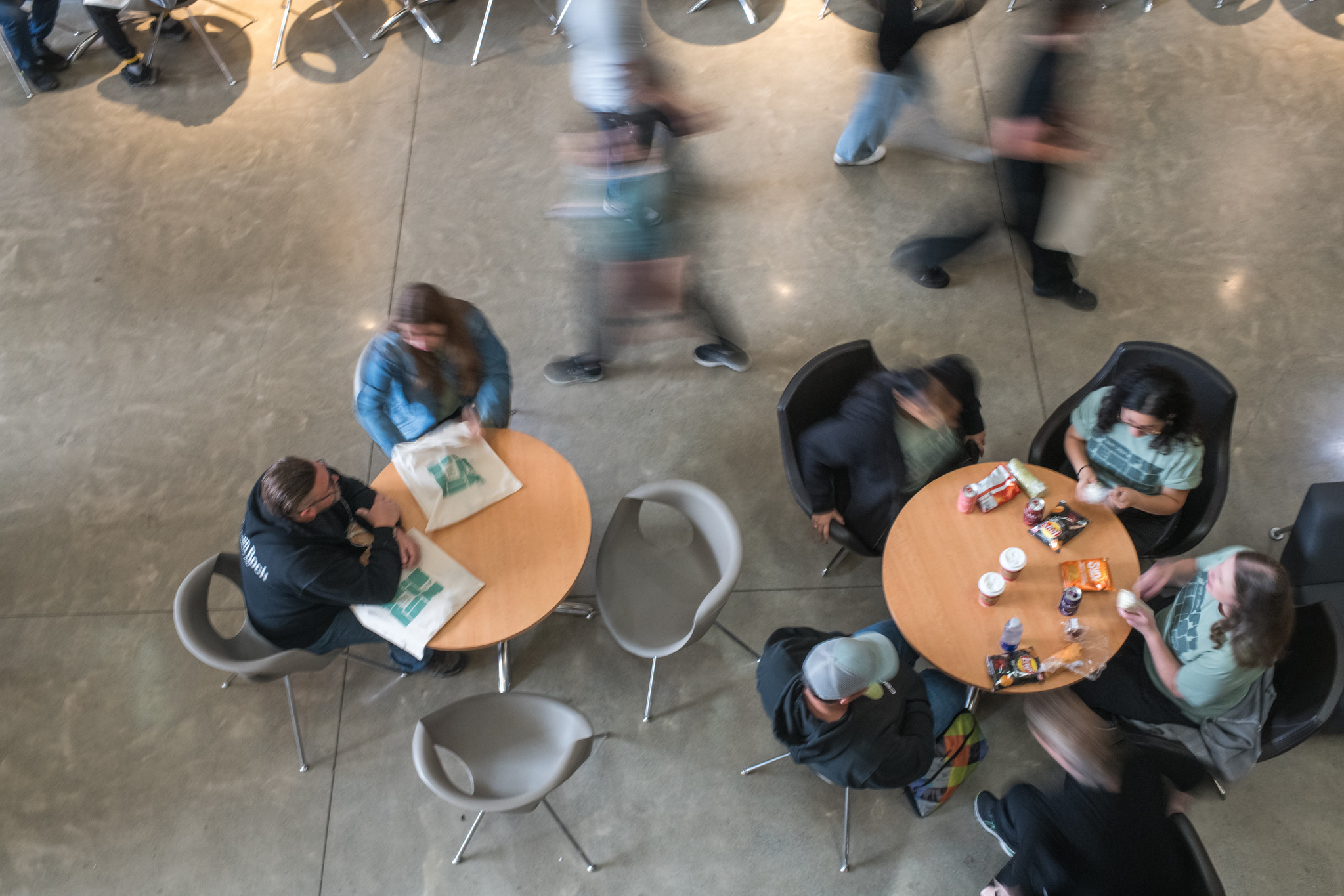UFV Food and Agriculture Institute receives close to $235,000 in funding from Future Skills Centre
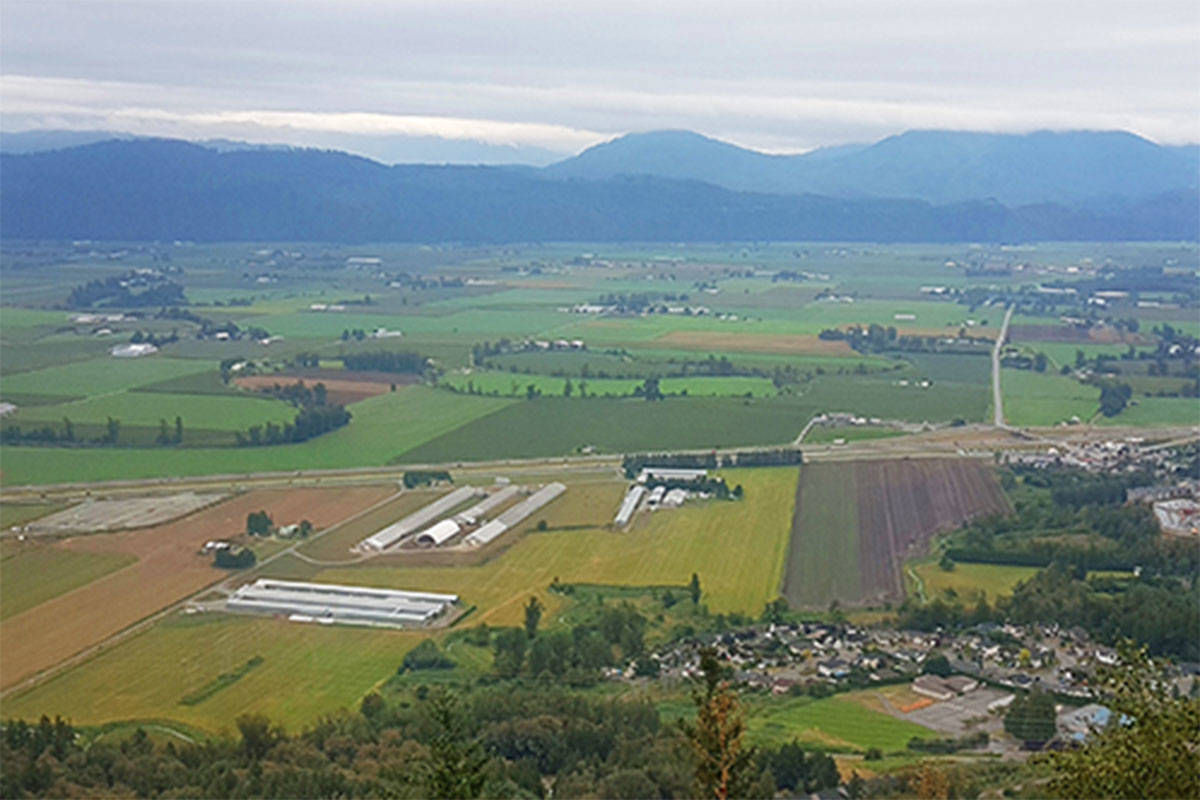 Researchers at the University of the Fraser Valley will be exploring the future of food thanks to a grant from a federally funded organization dedicated to strengthening skills development in Canada.
Researchers at the University of the Fraser Valley will be exploring the future of food thanks to a grant from a federally funded organization dedicated to strengthening skills development in Canada.
The UFV Food and Agriculture Institute (FAI) has received a grant of $234,859 from the Future Skills Centre (FSC) in support of FAI’s research in the field of emerging agricultural technologies and the future of food in Canada. The research explores the potential of cellular agriculture — food made using cell cultures instead of animals or plants — to create a sustainable year-round supply of nutritious food and develop jobs in this emerging sector.
The UFV Food and Agriculture Institute will work with research partner New Harvest, an independent nonprofit research institute that supports open, public research on food grown from cell cultures and that is fully dedicated to advancing the field of cellular agriculture.
Researchers from the FAI say that cellular agriculture could be an important component of Canada’s food supply in the near future, and could enhance national food security.
“COVID-19 has revealed multiple vulnerabilities in our food systems and supply chains,” says Dr. Lenore Newman, Director of FAI and Canada Research Chair, Food Security and Environment. “Expanding our national capacity for cellular agriculture could enable local, reliable production of dairy and meat alternatives with a low environmental footprint. We are excited about the prospect of further exploring this possibility.”
But Newman notes that there are cultural, social, economic, and environmental factors to consider when exploring cellular agriculture as a food supply option.
“Technology alone cannot comprise a food systems solution,” she notes. “The creation of an effective, resilient food system strategy requires the technology to be viewed through a comprehensive social, cultural, economic, and environmental sustainability lens.”
Using B.C.’s Fraser Valley region for a case study, this research will explore the potential of cellular agriculture to enhance food security, economic development, and sustainability in Canada. The researchers will use a community-based approach to engage local government, stakeholders, and community members and collaboratively explore opportunities and challenges around the development of a local cellular agriculture industry.
The results of the project will provide a plan and roadmap for developing such an industry in the Fraser Valley, and the findings will provide details on initiating a local pilot project.
FSC’s funding comes as part of its Shock-proofing the Future of Work: Skills and Innovation Challenge. This series of grants will fund $15 million in research aimed at building resiliency for the labour market in the face of social and economic shock.
About FSC
Future Skills Centre is a forward-thinking research and collaboration hub dedicated to preparing Canadians for employment success and meeting the emerging talent needs of employers. As a pan-Canadian community, FSC brings together experts and organizations across sectors to rigorously identify, assess, and share innovative approaches to develop the skills needed to drive prosperity and inclusion. FSC is directly involved in innovation through investments in pilot projects and academic research on the future of work and skills in Canada. The Future Skills Centre is funded by the Government of Canada’s Future Skills Program.
About FAI
The Food and Agriculture Institute at the University of the Fraser Valley is an interdisciplinary research centre that focuses on issues, challenges, and sustainability solutions related to food and farm systems. FAI partners with a diversity of researchers, industry leaders, and governments to build knowledge and tools for moving toward sustainable, resilient food systems for communities and regions in British Columbia, Canada, and across the globe.
Dr. Lenore Newman, Director
Dr. Robert Newell, Associate Director


